Experts Available for Timely Analysis on SCOTUS Roe v. Wade Decision
A leaked draft opinion suggests that the Supreme Court is set to overturn Roe v. Wade in the coming weeks. For reporters writing about what this development will mean for abortion rights across the country, the following experts are available to provide commentary, context, and analysis:
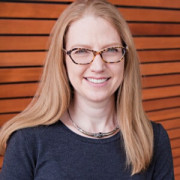
White leads projects focused on the Deep South and Texas, including the Mississippi Reproductive Health Access Project and the Texas Policy Evaluation Project. Her research focuses on abortion, family planning services provided at publicly funded clinics, postpartum contraceptive use, and vasectomy.

Siegel (they/them) studies how inequalities manifest at different stages of reproduction. Their two research clusters include, 1) how race, class, and gender shape trans women’s experiences of family formation and parenthood, and 2) how people understand their own abortion experiences in relation to the pro-choice and reproductive justice movements.
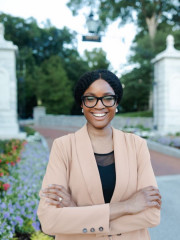
Rice is the Director and Principal Investigator of the Center for Reproductive Health Research in the Southeast. Her work is devoted to the study of social and structural factors that impede or enable equity in sexual and reproductive health outcomes, care delivery, and scholarship. Her research examines (1) reproductive health service attitudes, access and policy change; (2) HIV care service access, quality and preferences; (3) racial and ethnic inequity in perinatal care and birth outcomes; (4) stigma around pregnancy and parenting; and (5) experiences and associated health consequences of HIV-related stigma.
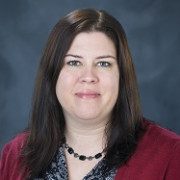
Kelly is a sociologist studying reproductive politics, specifically the crisis pregnancy center movement and Mississippi abortion politics. For her upcoming book on Mississippi abortion politics, she has spent over 50 hours at the Jackson Women’s Health Organization at the center of the current Supreme Court case and has interviewed over two dozen activists on both sides, as well as over 50 women who had abortions in the state.
Quote: "This Supreme Court decision will set women back fifty years in terms of social and economic equality. Overturning Roe will exacerbate existing problems such as poverty and racial inequality and would deny women moral autonomy and full citizenship. The state is attempting to dictate the most important and personal of decisions of women across the nation."
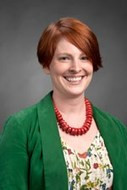
Howard's areas of expertise include the criminalization of pregnancy and the regulation of abortion in the United States. Her book, The Pregnancy Police: Conceiving Crime, Arresting Personhood, is forthcoming with the University of California Press.
Quote: "The Dobbs case is another blatant attempt by anti-choice legislators to undermine the legalization of abortion at the Federal level. The implications of the court's decision in this case are huge, and will impact the rights and personhood of anybody with the capacity for pregnancy, whether or not they seek abortion care."

Daniel's research focuses on the relationships between reproductive politics and social inequality. Daniel is interested in the connections between political discourse, popular media, and advocacy work related to adolescent pregnancy and sexual health education, and how these influence distributions of resources and wealth.
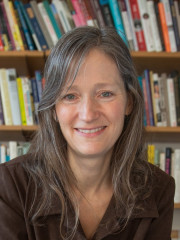
Baker is co-founder and former co-director of the Five College Reproductive Health, Rights and Justice Program. Baker’s research centers on the intersections of gender and race in law and policy. She has taught, researched and written on reproductive rights for the last two decades.
Quote:"Samuel Alito’s draft SCOTUS opinion not only overturns abortion rights established almost half a century ago in Roe v. Wade, but also threatens rights to contraception (Griswold), consensual sexual relationships (Lawrence) and same-sex marriage (Obergefell). The opinion would terminate federal privacy rights, allowing politicians and police to invade our bedrooms and insert themselves into our most intimate relationships."
